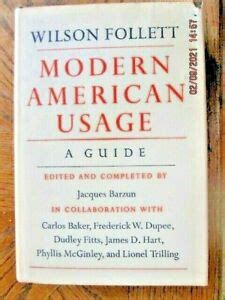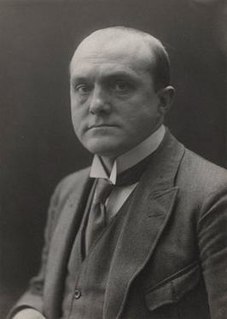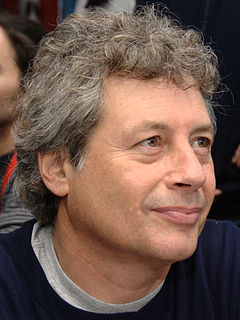A Quote by Piet Mondrian
The meaning of words has become so blurred by past usage that 'abstract' is identified with 'vague' and 'unreal,' and 'inwardness' with a sort of traditional beatitude... The conception of the word 'plastic' has also been limited by individual interpretations.
Related Quotes
Rebecca was an academic star. Her new book was on the phenomenon of word casings, a term she'd invented for words that no longer had meaning outside quotation marks. English was full of these empty words--"friend" and "real" and "story" and "change"--words that had been shucked of their meanings and reduced to husks. Some, like "identity" and "search" and "cloud," had clearly been drained of life by their Web usage. With others, the reasons were more complex; how had "American" become an ironic term? How had "democracy" come to be used in an arch, mocking way?
Meditation means getting out of the mind, looking at the mind from the outside. That`s exactly the meaning of the word `ecstasy`: to stand out. To stand out of the mind makes you ecstatic, brings bliss to you. And great intelligence is released. When you are identified with the mind you cannot be very intelligent because you become identified with an instrument, you become confined by the instrument and its limitations. And you are unlimited - you are consciousness.
A definition is nothing else but an explication of the meaning of a word, by words whose meaning is already known. Hence it is evident that every word cannot be defined; for the definition must consist of words; and there could be no definition, if there were not words previously understood without definition.
Whenever we remember a series of events, we remember them different. We are constantly changing. It's a flaw, but on the other hand, when we say a word, the meaning is not what you put into it. Rather, the meaning of the word is all of the past usages of that word. Like this cloud that makes up the meaning of the word. It's your subject if you write. For instance what you put in that word and what you assume it means, even its flaw. It has a general agreement.
There is something myopic and stunted in focussing only on the meaning of words and sentences. And this myopia is especially unfortunate when combined with a rather abstract view of a language as a set of elements and rules for combining these. For the result is to divorce enquiry into meaning from attention to the way words - and gestures, facial expressions, rituals and so on - are embedded in practices, in what Wittgenstein called 'the stream of life'.
What made traditional economies so radically different and so very fundamentally dangerous to Western economies were the traditional principles of prosperity of Creation versus scarcity of resources, of sharing and distribution versus accumulation and greed, of kinship usage rights versus individual exclusive ownership rights, and of sustainability versus growth.
A man's knowledge may be said to be mature, in other words, when it has reached the most complete state of perfection to which he, as an individual, is capable of bringing it, when an exact correspondence is established between the whole of his abstract ideas and the things he has actually perceived for himself. His will mean that each of his abstract ideas rests, directly or indirectly, upon a basis of observation, which alone endows it with any real value; and also that he is able to place every observation he makes under the right abstract idea which belongs to it.
The words and lives of Christian men must be in continual process of reformation by the written Word of their God. This means that ecclesiastical traditions and private theological speculations may never be identified with the word which God speaks, but are to be classed among the words of men which the Word of God must reform.








































